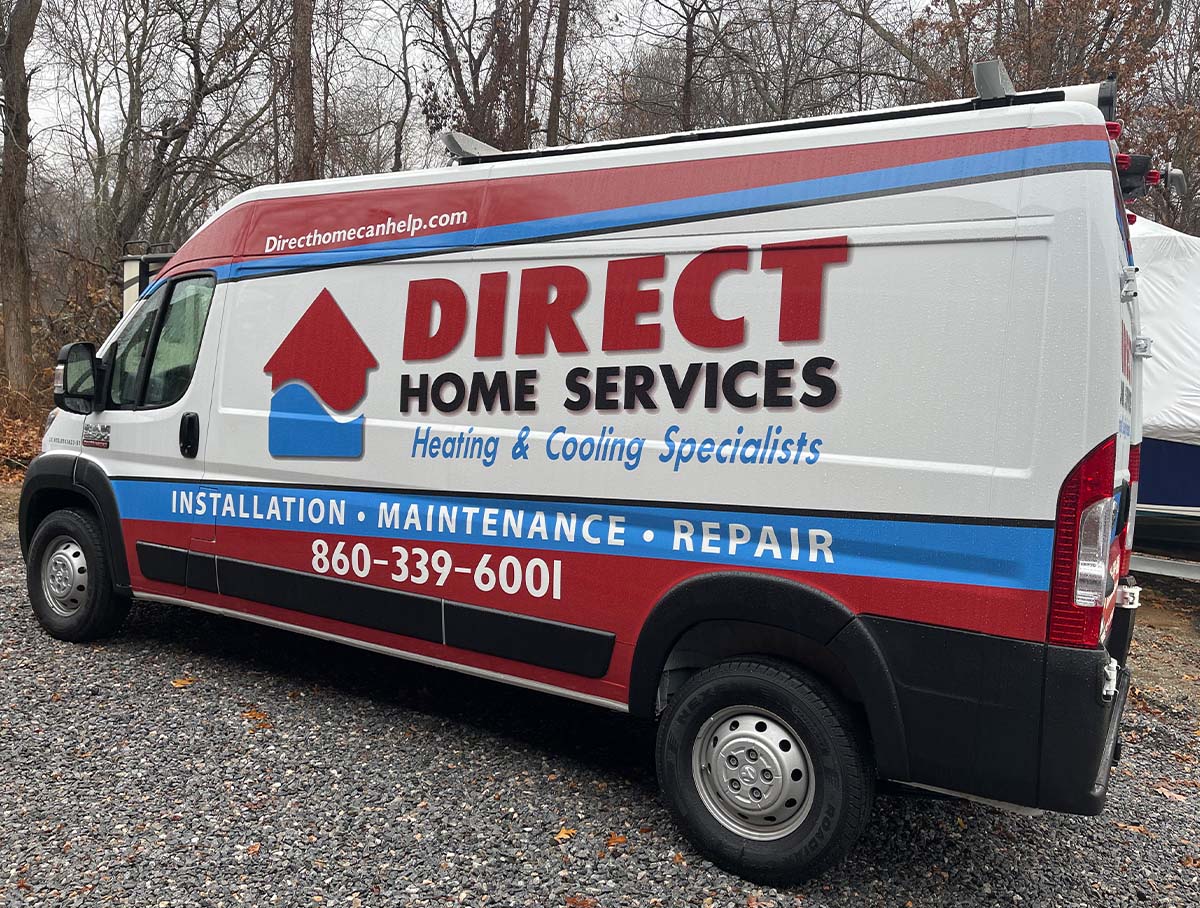
Preparing Your Heating System for Winter: A Durham, CT Checklist

Introduction
As the winter season approaches, it is essential to ensure that your heating system is in optimal Timely Resolution of Condensate Pump Failures and Drainage Problems in Durham, CT condition to keep you warm and comfortable throughout the cold months. In this article, we will provide you with a comprehensive checklist to prepare your heating system for winter in Durham, CT. By following this checklist, you can prevent potential issues and ensure the efficient functioning of your heating system during the chilly winter days.
Preparing Your Heating System for Winter: A Durham, CT Checklist
1. Schedule an Inspection with Direct Home Services in Durham, CT
To kickstart your winter preparation process, it is crucial to schedule an inspection with a reputable heating contractor such as Direct Home Services in Durham, CT. Their team of experts will thoroughly examine your heating system and identify any existing or potential issues that need attention before the onset of winter.
2. Check Air Filters Regularly
Clean air filters are vital for the efficient operation of your heating system. Dirty or clogged filters can restrict airflow, reduce efficiency, and even lead to system breakdowns. Therefore, make it a habit to check and clean or replace your air filters regularly.
3. Test Thermostat Functionality
A malfunctioning thermostat can result in inconsistent temperatures and higher energy bills. Before winter arrives, test your thermostat's functionality by adjusting the temperature settings and ensuring that your heating system responds accordingly.
4. Inspect Ductwork for Leaks
Leaky ductwork can cause significant energy losses and compromise the effectiveness of your heating system. Inspect your ductwork for any visible signs of leaks or gaps and seal them promptly using appropriate materials like mastic sealant or metal tape.
5. Clear Obstructions Around Vents and Registers
Blocked vents and registers can hinder the proper distribution of heated air throughout your home. Ensure that all vents and registers are free from obstructions such as furniture, rugs, or curtains to maximize the efficiency of your heating system.
6. Lubricate Moving Parts
Proper lubrication of moving parts in your heating system can prevent excessive wear and tear and extend its lifespan. Refer to your system's user manual or consult a professional HVAC contractor in Durham, CT, to identify the specific parts that require lubrication and use the recommended lubricant.
7. Check and Clean Blower Motor
The blower motor is responsible for circulating warm air throughout your home. Regularly check and clean the blower motor to remove any dust or debris buildup that can impede its performance.
8. Inspect Gas Connections (If Applicable)
If you have a gas-powered heating system, it is crucial to inspect the gas connections for any leaks or damage. Any signs of gas leakage should be addressed immediately by a qualified professional to ensure your safety.
9. Test Carbon Monoxide Detectors
Carbon monoxide (CO) is a deadly gas that can be produced by malfunctioning heating systems. Ensure that your carbon monoxide detectors are functioning correctly by testing them before winter arrives.
10. Clean Heat Exchanger (For Furnaces)
For furnace owners, cleaning the heat exchanger is an essential step in winter preparation. A dirty heat exchanger can lead to reduced efficiency and even pose safety risks. Consult a furnace repair service in Durham, CT, for professional cleaning if required.

Frequently Asked Questions
Q: How often should I schedule an inspection for my heating system?
A: It is recommended to schedule an annual inspection for your heating system before the start of winter. This allows professionals to identify and resolve any issues before they escalate.
Q: Can I clean air filters on my own?
A: Yes, you can clean air filters on your own if they are reusable. However, disposable filters should be replaced with new ones to ensure optimal performance.
Q: What can I use to seal leaky ductwork?
A: To seal leaky ductwork, you can use mastic sealant or metal tape. These materials effectively seal gaps and prevent air leakage.
Q: How often should I lubricate the moving parts in my heating system?
A: The frequency of lubrication depends on the specific components of your heating system. Refer to your system's user manual or consult a professional for guidance.
Q: Are there any signs that indicate a gas leak in my heating system?
A: Some common Professional Heating Contractor for Resolving Furnace Malfunctions in Durham signs of a gas leak include a rotten egg-like smell, hissing sounds near gas connections, and dying vegetation around gas lines. If you suspect a gas leak, evacuate your home immediately and contact the relevant authorities.
Q: Can I clean the heat exchanger of my furnace myself?
A: Cleaning the heat exchanger of a furnace can be complex and requires specialized knowledge. It is recommended to seek professional assistance from a furnace repair service in Durham, CT.

Conclusion
Preparing your heating system for winter is crucial to ensure its efficient operation and maintain a comfortable indoor environment during the cold months. By following this comprehensive checklist, scheduling regular inspections, and seeking professional assistance when needed, you can avoid potential issues and enjoy a warm and cozy winter in Durham, CT. Remember to prioritize safety and consult reputable HVAC contractors such as Direct Home Services for all your heating system needs. Stay warm!